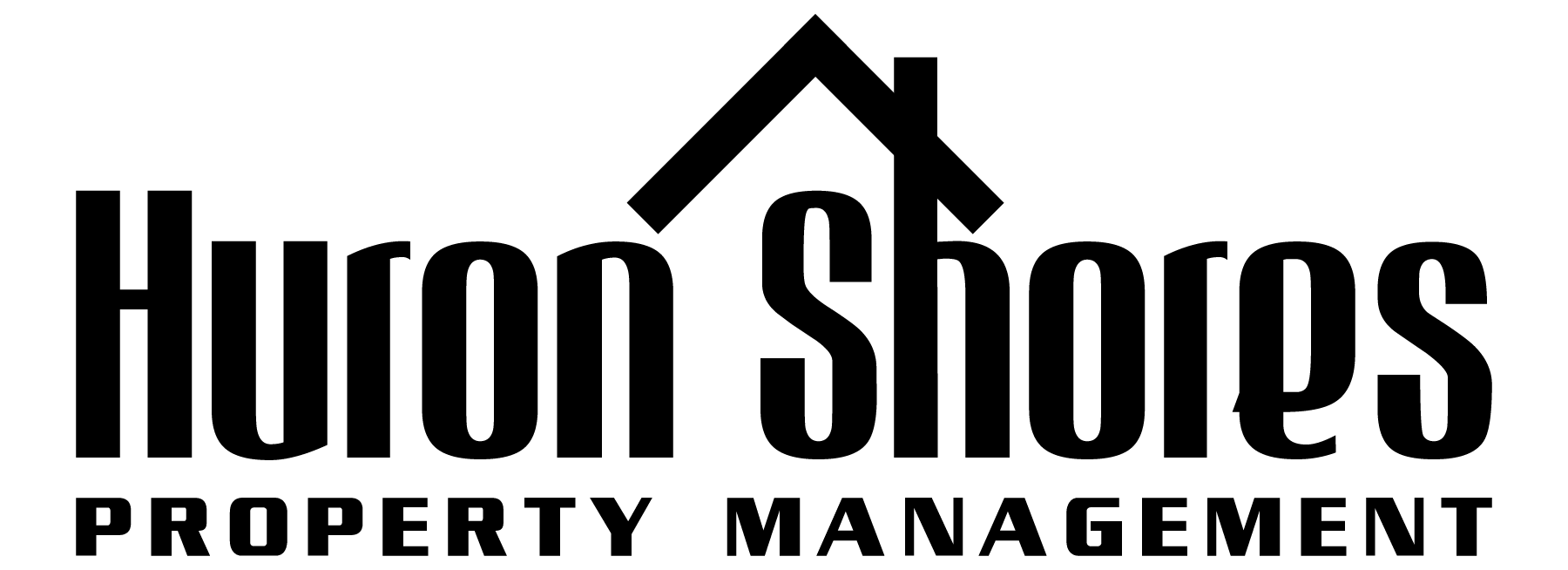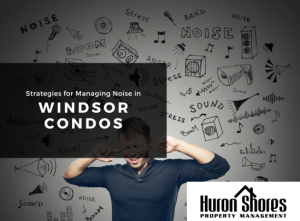Managing noise in condo communities in Windsor is crucial for maintaining a peaceful living environment and minimizing conflicts among residents. Effective noise management not only enhances resident satisfaction but also helps to maintain property values by ensuring a tranquil and attractive living space. This guide offers strategies for property managers and condo boards to effectively manage noise issues in Windsor condos.
Understanding Noise Regulations
Begin by familiarizing yourself with local noise regulations to ensure compliance:
- Local Noise Ordinances: Review Windsor’s noise ordinances that dictate allowable noise levels and quiet hours.
- Condo Bylaws: Ensure your condo bylaws align with local regulations and clearly address noise issues, including specific guidelines and potential penalties.
Proactive Noise Management Strategies
Implement proactive measures to prevent noise issues before they escalate:
- Building Design Considerations: Utilize noise-reducing construction materials and techniques in areas prone to noise issues, such as double-glazed windows and enhanced insulation.
- Clear Communication of Policies: Regularly communicate the condo’s noise policies to all residents, emphasizing the importance of mutual respect and the specifics of quiet hours.
Addressing Common Noise Complaints
Develop a systematic approach to handling noise complaints:
- Prompt Response to Complaints: Ensure all noise complaints are addressed swiftly and effectively to prevent escalation.
- Mediation and Resolution: Offer mediation services to help residents resolve disputes amicably, which can often lead to more sustainable resolutions.
- Monitoring and Enforcement: Implement regular monitoring during known quiet hours and enforce rules impartially and consistently.
Technological Solutions for Noise Management
Leverage technology to monitor and control noise levels:
- Sound Level Monitors: Install sound level monitors in common areas to ensure compliance with noise standards.
- Online Reporting Tools: Provide residents with online tools to report noise complaints, which can help quickly address and track recurring issues.
Educational Programs for Residents
Educating residents about noise management can lead to greater cooperation:
- Noise Awareness Campaigns: Conduct campaigns to educate residents about the impacts of noise and encourage courteous behavior.
- Workshops on Soundproofing: Offer workshops on simple soundproofing techniques residents can apply within their units.
Review and Adaptation of Noise Policies
Regularly review and adapt noise management policies to reflect the evolving needs of the community:
- Annual Review of Noise Complaints: Analyze the frequency and nature of noise complaints annually to identify patterns or areas for improvement.
- Feedback and Adjustments: Solicit feedback from residents on the effectiveness of noise management strategies and adjust policies accordingly.
Conclusion
Effective noise management in Windsor condos requires a combination of regulatory compliance, proactive strategies, technological solutions, resident education, and continuous policy review. By implementing these strategies, condo boards, and property managers can ensure a harmonious living environment that respects the comfort and needs of all residents.





